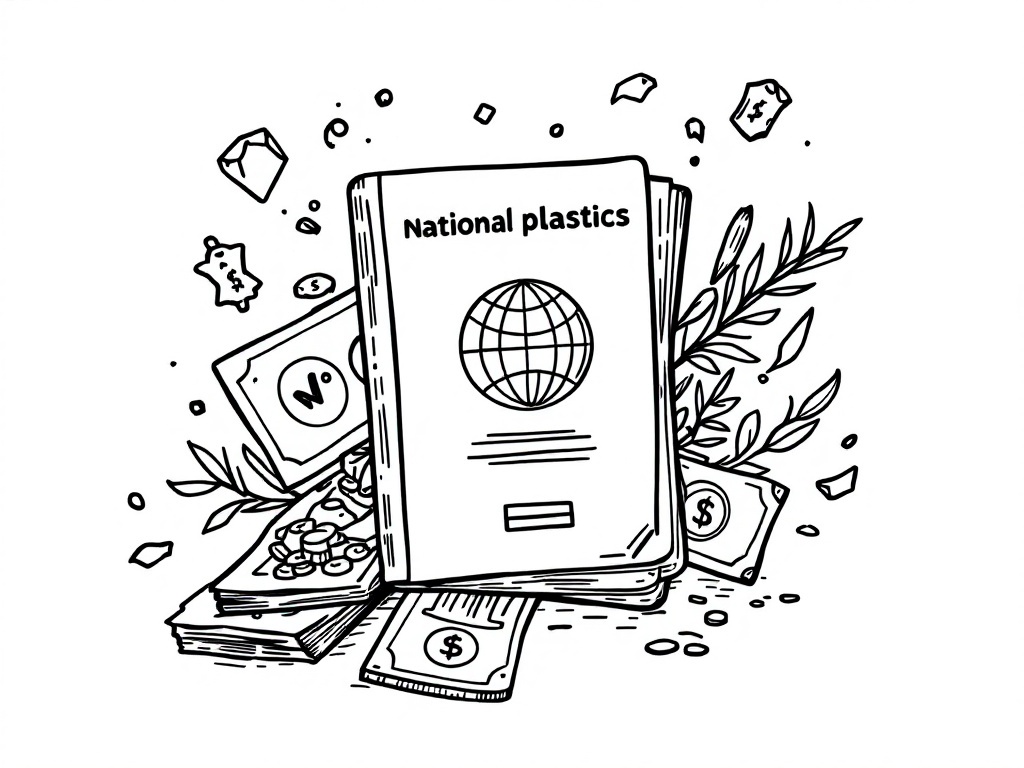SMX and A*STAR Unveil World's First National Plastics Passport

Singapore, Thursday, 11 September 2025.
This initiative introduces a standardized system to enhance recycling transparency and accountability, aiming to transform ASEAN’s plastic waste management and sustainability efforts.
Introduction to the National Plastics Passport
On September 11, 2025, SMX, in collaboration with Singapore’s Agency for Science, Technology and Research (A*STAR), introduced the world’s first National Plastics Passport aimed at revolutionizing recycling transparency and sustainability efforts across ASEAN. This initiative seeks to address fundamental flaws in the current recycling systems by establishing a standardized framework that enhances transparency and accountability, thus providing a comprehensive solution for effective plastic waste management [1][2].
Addressing Recycling’s Shortcomings
The current recycling infrastructure suffers from significant deficiencies, including fragmented rules and inconsistent auditing standards that weaken its transformative potential. The National Plastics Passport confronts these issues by embedding a molecular marker within plastics, creating a digital passport that provides consistent verification standards applicable across borders. This approach aims to replace the patchwork of existing systems with uniformity, thereby improving overall efficiency [2][3].
Economic and Environmental Impact
The rollout of the National Plastics Passport is expected to have significant economic implications, with analysts projecting the market opportunity tied to this framework in Southeast Asia to exceed S$4.2 billion annually. Beyond economic benefits, the initiative also promises to transform sustainability practices by turning waste into verified feedstock and sustainability into a measurable, tradable asset through the introduction of the Plastic Cycle Token (PCT) [1][3].
Leadership and Future Prospects
Singapore is pioneering this initiative, positioning itself as a leader in global sustainability efforts. The National Plastics Passport not only sets a benchmark for other countries but also encourages regional collaboration to promote responsible recycling practices. Future developments will involve expanding the Passport’s reach and functionality, with plans for additional workshops and partnerships to facilitate widespread adoption [2][3].